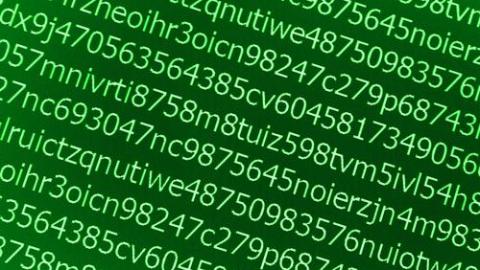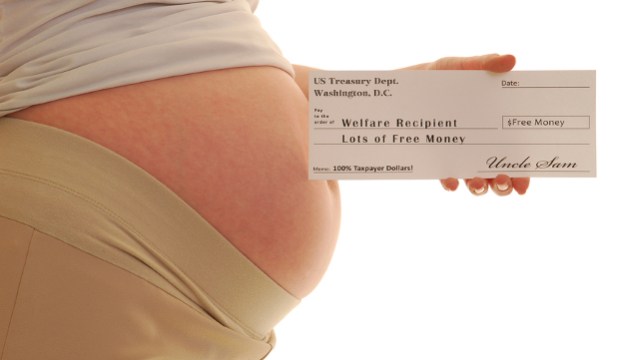Data Encryption Gets 5th Amendment Protection

What’s the Latest Development?
In some cases, suspects of a crime cannot be forced to give authorities the password to encrypted computer files since doing so is equivalent to being forced to incriminate one’s self, says a ruling handed down by the US Court of Appeals for the 11th Circuit. The court extended the Fifth Amendment’s protection to the digital realm in a case where authorities suspected a defendant of having child pornography on his hard drive, though no external evidence could support the suspicion, which proved an important test for the court.
What’s the Big Idea?
The recent decision does not mean that encrypting computer files is a get-out-of-jail free card. On the contrary, in the case of US v. Fricosu, authorities required the defendant to decrypt her computer files in a bank fraud case. Like a key to a safe, which is not protected by the Fifth Amendment, the contents of the files were used as evidence against the defendant. It would seem that evidence of a prior crime, such as banking fraud, which implies the presence of incriminating computer files allows authorities to demand a user’s password.
Photo credit: shutterstock.com





